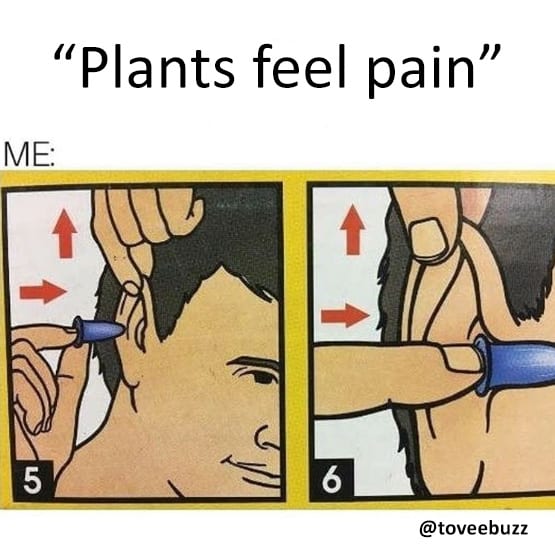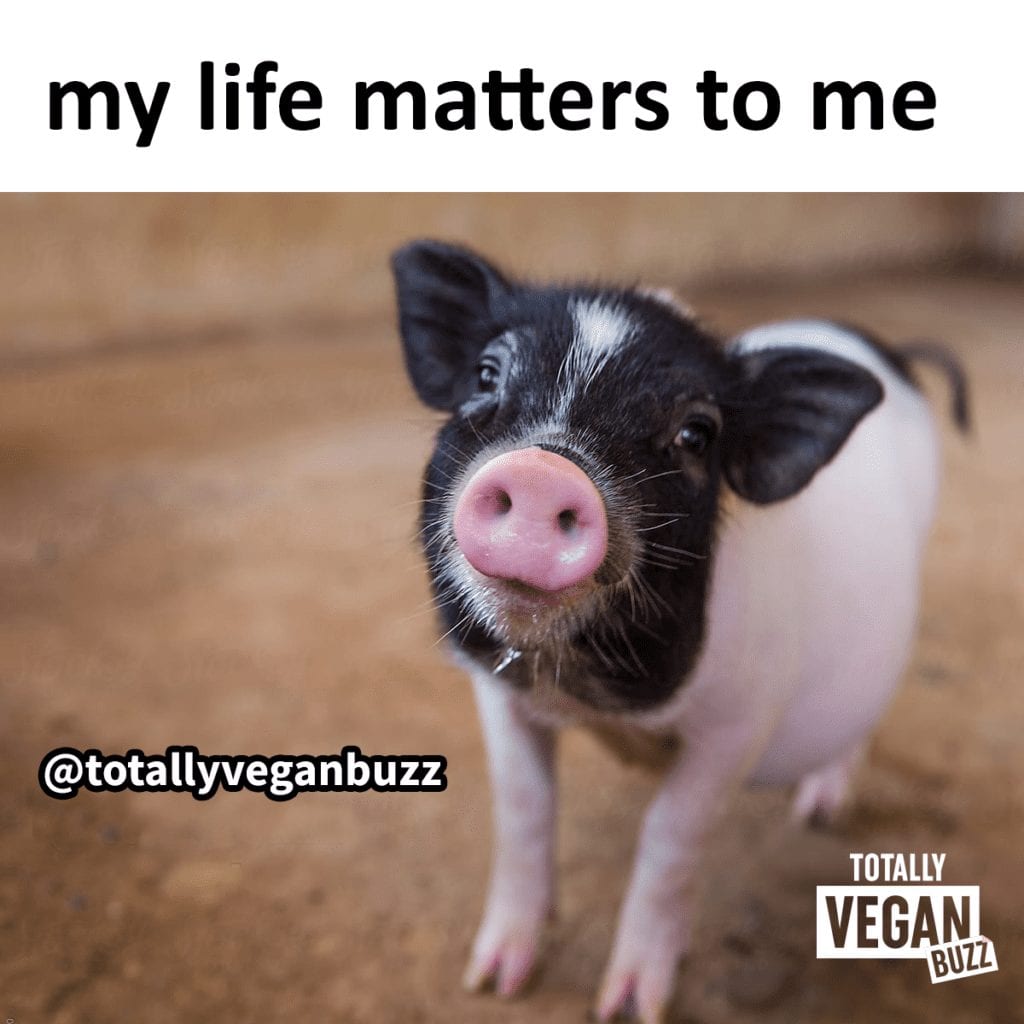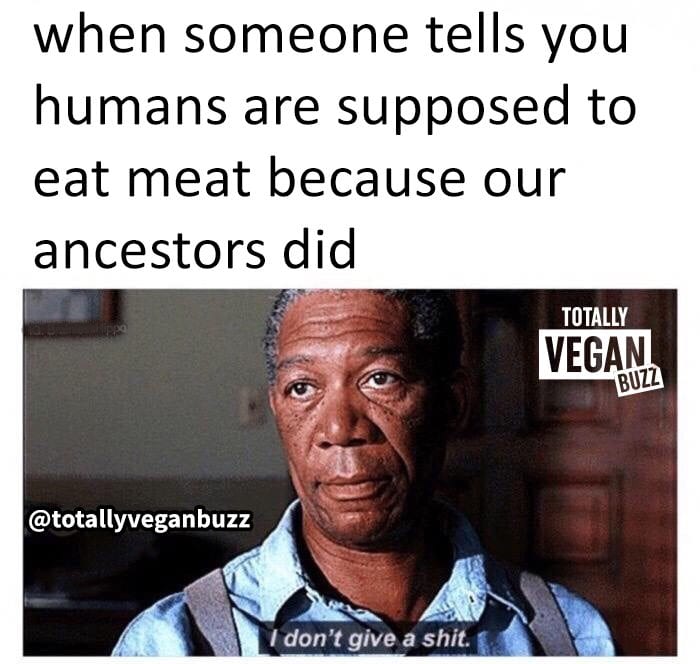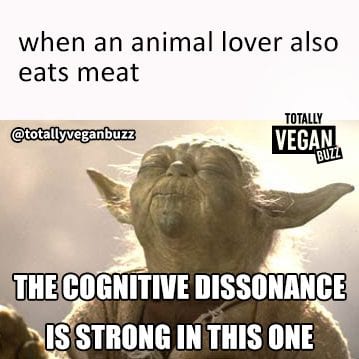
Is meat actually healthy? We explored scientific studies that speak about the risks of meat consumption.
Meat has long been considered a primary source of protein and nutrients. For thousands of years, humans have relied on meat as a staple food in their diets. However, in recent years, the debate over the health effects of meat consumption has gained significant traction.
With the growing popularity of plant-based diets driven by health implications, ethical concerns surrounding animal welfare, and environmental sustainability, is eating meat still justified?
While scientific research has traditionally supported the idea that meat is an important part of a balanced diet, new evidence is shedding light on why humans might not actually need it.
Is eating meat healthy and necessary?
While meat is a good source of protein and other essential nutrients, it can also be high in saturated fat and cholesterol, which can increase the risk of heart disease. Some studies have also linked red meat consumption to an increased risk of certain types of cancer, such as colon and prostate cancer. Additionally, the production of meat has a significant impact on the environment, contributing to deforestation, water pollution, and greenhouse gas emissions.
The production of meat is also questionable from an ethical standpoint. Factory farming raises serious concerns about animal rights. Animals are treated as mere commodities, with little regard for their physical or emotional well-being. They are denied the opportunity to engage in natural behaviors such as grazing, rooting, and socializing with other members of their species. They are often transported long distances in cramped conditions, subjected to extreme temperatures and rough handling. And when they reach the end of their short lives, they are often slaughtered in ways that are painful and traumatic.
While reasons to consider reducing or eliminating meat from your diet are varied, ranging from the ability to obtain necessary nutrients from plant-based sources to potentially reducing the risk of certain types of cancer to being more kind and compassionate to other living beings and saving the planet. Here are some reasons, supported by scientific studies, that suggest humans can thrive without meat.

1. Nutrient-Rich Plant-Based Alternatives
Plant-based foods can provide all the essential nutrients that meat offers, minus the potential health risks. A study published in the Journal of the American College of Nutrition stated that well-planned plant-based diets can meet the nutritional needs of people at all stages of life, including children and athletes.

2. Reduced Risk of Chronic Diseases
Numerous studies have linked high meat consumption to an increased risk of chronic diseases such as heart disease, diabetes, and certain cancers. A meta-analysis published in the JAMA Internal Medicine revealed that a higher intake of red and processed meats is associated with a higher risk of mortality.

3. Lower Cholesterol and Blood Pressure
Plant-based diets are naturally low in saturated fats and cholesterol, which can help lower blood cholesterol levels and reduce the risk of heart disease. Another study published in the JAMA Internal Medicine indicated that vegetarian diets are associated with lower blood pressure levels.

4. Weight Management
Plant-based diets are often lower in calories and saturated fats, making them conducive to weight management and weight loss. A randomized controlled trial of five different diets showed that participants on a vegan diet experienced greater weight loss compared to those on a conventional diet, which included vegetarian, pescatarian, and omnivorous.

5. Gut Health and Microbiome Diversity
Research suggests that plant-based diets can promote a more diverse and beneficial gut microbiome, which is linked to better overall health. A systematic review of 12 interventional studies study indicated that a plant-based diet can positively impact gut microbiota composition in comparison to conventional diets, along with beneficial effects on biochemical and anthropometric measurements in healthy participants as well as obese, cardiovascular, and rheumatoid arthritis patients.

6. Reduced Risk of Antibiotic Resistance
The widespread use of antibiotics in animal agriculture has contributed to antibiotic resistance, a global health concern. Choosing plant-based foods over meat can help reduce the demand for antibiotic-laden products.
A study, published in the National Library of Medicine. Researchers looked at a strain of the bacteria called FZECs, (food-borne zoonotic E. coli) and found that 8% of UTIs were caused by E. coli found in meats like turkey, chicken, and pork products sold in the local area. They arrived at this conclusion after monitoring patients for a year at a hospital in Flagstaff, Arizona. They extrapolated this to a national figure of between 480,000 and 640,000 a year.
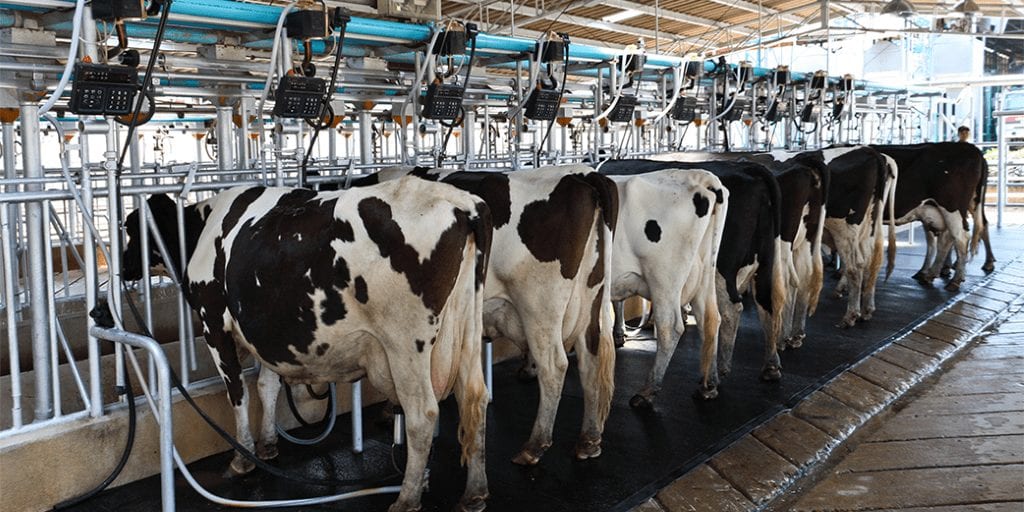
7. Environmental Sustainability
Beyond personal health, the environmental impact of meat consumption cannot be ignored. The production of meat is associated with significant greenhouse gas emissions, deforestation, and water consumption. One of the largest-ever analyses of food systems done in 2018 that gathered data from 38,000 commercial animal farms in 119 countries showed that a minimum of 14.5% of all greenhouse gas emissions are a result of animal agriculture.
Another study from 2021, indicated that meat is responsible for 57% of all greenhouse gases from food production – nearly double that of plant-based foods (29%).

Does meat increase stroke risk?
There is limited evidence to suggest that meat increases the risk of stroke. However, studies show that consuming just one serving of red or processed meat per day increases one’s risk of stroke.
Processed meat refers to any meat that has been preserved or flavored by curing, salting, or altering it in some way, such as bacon, sausage, ham, pepperoni, and all types of salami. Red meat includes beef and pork.
A study published in the European Heart Journal in 2020 analyzed the dietary habits of 418,329 participants across nine European countries over 12 years as part of the EPIC cohort. The study found that meat consumption increased the risk of ischemic stroke, while a diet rich in plant-based foods decreased the risk.
The study concluded that consuming as little as 50 grams of red or processed meat daily was linked to a 14% higher risk of an ischemic stroke.
On the flip side, a study published in the Journal of Geriatric Cardiology concluded that patients at high risk of stroke, particularly ischemic stroke, should be educated about plant-based nutrition with adequate B12 as a potentially powerful disease risk modifier.
Share this story: Is meat healthy? Here are 7 reasons why humans don’t need it.
About The Author
Lifestyle
Vegan culture, food, beauty & more
Is Lewis Hamilton Vegan? Here’s What We Know
- Totally Vegan Buzz Team
- 31st May 2024
Lewis Hamilton might seem more at home on a racetrack than in a salad bar, but this six-time Formula One champion has been powering through on chickpeas and chia seeds since 2017. Who said you can’t win championships on a vegan diet? Hamilton not only dispels that myth but does so while advocating for the …
Continue reading “Is Lewis Hamilton Vegan? Here’s What We Know”
Is Tobey Maguire vegan? Here’s what we know
- Mohsina Dodhiya
- 17th August 2023
Tobey Maguire often speaks about veganism and animal issues. Tobey Maguire, the actor best known for playing Spider-Man in the Sam Raimi trilogy, is a vegan. He has been a vegetarian since 1992 and became a vegan in 2009. A lifelong commitment to animal rights Maguire’s decision to go vegan was motivated by his love …
Continue reading “Is Tobey Maguire vegan? Here’s what we know”
VEGAN MEMES
NEED A LAUGH?
QUIZZES
All the quizzes you love to binge!
QUIZ: If you score 11/12 on this quiz, you’re a verified vegan food expert
- Marlon Farrugia
- 10th January 2020
How much vegan knowledge do you have stored away? Do you have to Google your way through a shopping trip, or do you have all the bad E-numbers memorised? Find out now with this quiz. [wpViralQuiz id=27203]
QUIZ: What is your perfect Vegan Halloween Costume?
- Marlon Farrugia
- 13th October 2019
Spook Season approaches. There will be ghosts, goblins, ghouls, and glucose. You need a costume, and you want to it to show off your personality, which means VEGAN. But what to choose? Take our quiz to find out your perfect outfit. [wpViralQuiz id=33494]
QUIZ: What kind of vegetable are you?
- Marlon Farrugia
- 26th September 2019
“If you were a vegetable, what kind would you be?” A question that has tormented humanity throughout the ages – until now. [wpViralQuiz id=31281] Read: QUIZ: If you score 19/20 on THIS quiz, you’re a Vegan God










